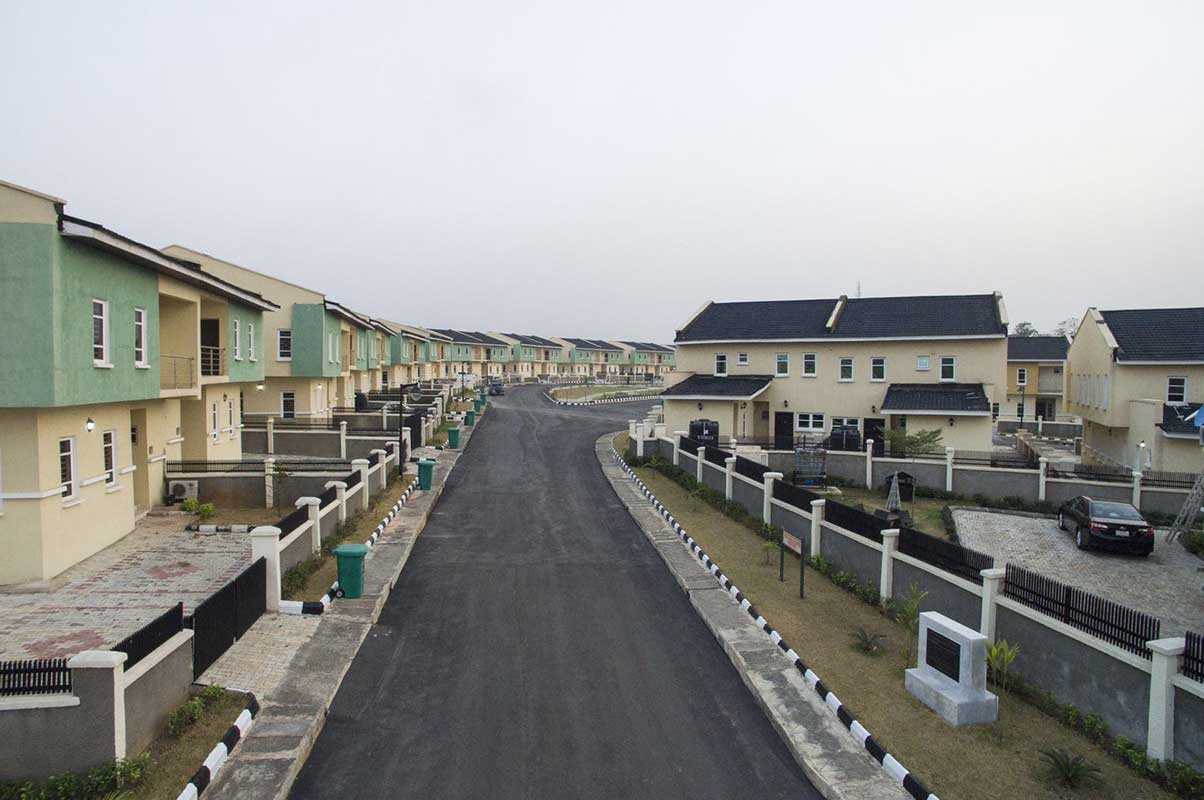…tenants could save as much as $2,100 per year
In the first half of 2019, demand activity in the A-grade office rent market slowed relative to that of H2 2018, where a number of large transactions were concluded especially towards the end of the year, data by Broll Property Intel, the research and intelligence arm of Broll Nigeria, has revealed.
In the review period, 33,000 square metres (m²) of office space was delivered to the A-grade market, adding 61-percent vacancy rate, up from an average of 57percent as at the end of 2018.
As a result, the median average rent for A-grade offices in Victoria Island (VI) and Ikoyi dropped marginally by a joint 8.21 percent in H1 2019.
Businessday analysis of the H1 data by Broll reveals that the average asking rent for office building in Ikoyi stood at $700/m² per annum, this is $50 or 6.67 percent decline from the $750 which the properties were rented for in the last quarter of 2018.
The same was reported for A-grade property in VI as the average asking rent dropped by 1.54 percent or $10 from $650/ m² per annum in Q4 2018 to $640 in H1 2019.
A survey by Businessday revealed that an office occupied by one to five persons will require a space ranging from seven to 35 square meters. When that is inputted into the rent for A-grade office in VI and Ikoyi, the amount paid by tenants will be, at least, $4,900 and $4,200 per annum for the respective locations.
“Asking rents have remained fairly unchanged in certain nodes. However, A-grade properties in VI and Ikoyi have recorded marginal declines,” Broll Nigeria said.
Going by Businessday calculations, the marginal decline in rent of A-grade properties could mean that prospective office tenants may be saving $350 and $70 for 7 square metres office which can be occupied by one person in VI and Ikoyi respectively. This represents a joint reduction of $420.
A potential tenant could also be saving as much as $ 1,750 and $ 350 for A-grade office properties in VI and Ikoyi if he/she is renting a 35m2 office space that can accommodate five persons. This represents a joint rent reduction by $2,100 per annum.
Data by the real estate firm revealed that the median average rent in Lekki and Ikeja in the first half of 2019 was unchanged from the Q4 2018 figures at $240 and $325 respectively.
Also, the rent of B-grade property was constant in Ikoyi, VI, Lekki, Ikeja, and Abuja as the median average asking rent stood at $600/ m2 per annum, $450/m2 per annum, $194/m2 per annum and $180/m2 per annum, respectively.
“Yes, rental prices have dropped slightly in both housing and office space in the premium areas of VI and Ikoyi and in some other locations. One percent reduction in the rent of the properties in those high end areas could translate to a huge amount of money because the prices of the properties can be very high,” James Oanrewaju, a real estate agent, confirmed to Businessday by phone.
According to Broll Nigeria, about 27,000m² of developments nearing completion are expected to be delivered by year-end. Other projects under construction estimated to be about 82,000m² will be delivered in 2-3 years. Meanwhile, approximately 64,000m² projects have been put on hold.
As a result of this data, Broll Nigeria revealed that landlords are looking at a prelet of about 50 percent before proceeding any further with construction.

“However, given the current vacancy rate of premium quality buildings in the market, the likelihood of achieving this pre-let goal may be unobtainable,” the real estate firm said.
Meanwhile, most landlords in the property industry still perceive the market to be a tenant’s market and continue to offer competitive leasing terms to prospective tenants on a case-by-case basis, especially with the anticipated increased supply.
“This is more so the case with developers with debt servicing obligations associated with their properties,” Broll Nigeria said.
The risk of not knowing when a property will be bought off the market is one of the reasons for the high cost of acquiring property in Nigeria.
Source: Businessdayng





